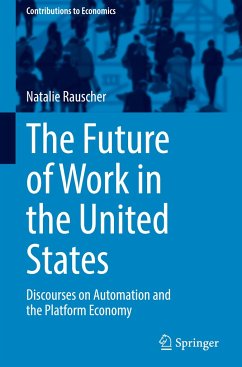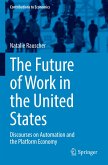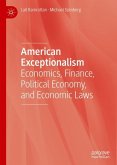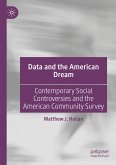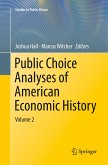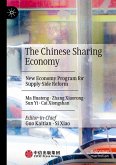This book presents and analyzes how restructuring processes due to technological change are reflected and processed in political and public discourses in the United States in the most recent past. More specifically, this work examines how the themes of automation, digitization, and the platform economy and their impact on the future of work are reflected in public discourse through the analysis of journalistic articles, and political discourse through the analysis of congressional hearings.
Public and political discourses, as well as economic narratives, shape our understanding of certain developments such as technological change, our behavior more generally, and societal support of said developments. Therefore, it is vital to investigate and analyze these discourses in order to show how technological change is perceived and evaluated today. This work draws from concepts and methods of several different disciplines, most notably using a combination of corpus-linguistic methods and exemplary textual analysis. This way, this work stands as truly interdisciplinary, with a unique approach to the quantitative and qualitative examination of discourses.
Public and political discourses, as well as economic narratives, shape our understanding of certain developments such as technological change, our behavior more generally, and societal support of said developments. Therefore, it is vital to investigate and analyze these discourses in order to show how technological change is perceived and evaluated today. This work draws from concepts and methods of several different disciplines, most notably using a combination of corpus-linguistic methods and exemplary textual analysis. This way, this work stands as truly interdisciplinary, with a unique approach to the quantitative and qualitative examination of discourses.

